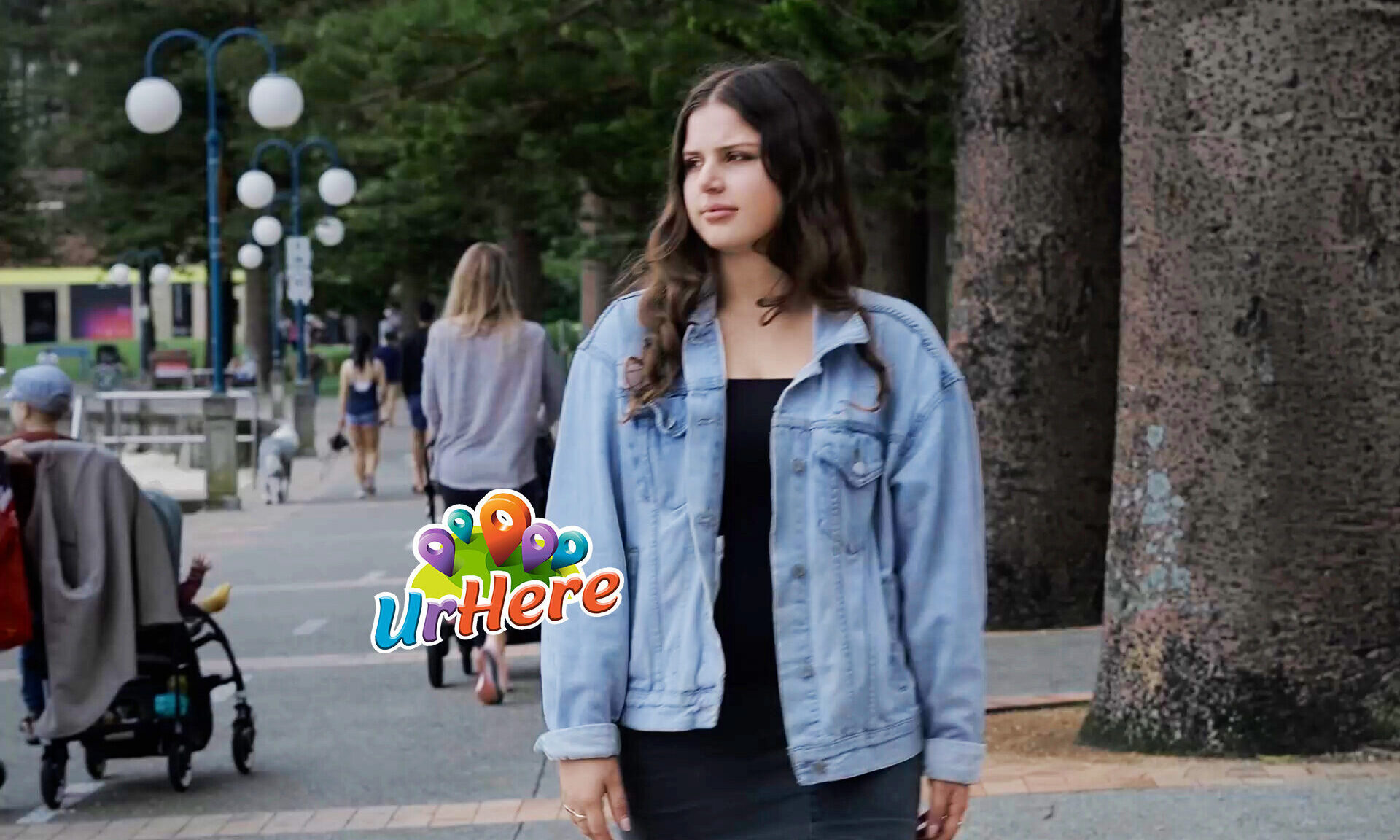Stress
What you can do to minimise stress
Control only what you can
Create a list of everything weighing you down and ask yourself how much control do you have over it in this very moment in time. You can make two columns, one of things you can control and another of things you cannot. This will help you to see the reality of the situation you’re in and offer a clear understanding of where to put your focus.
Give yourself time
People are often worried to take time away from their stressors, whether this is due to external pressures of deadlines or the actual importance of the task itself, however, sitting there stressed with a blank mind will not assist in any way. When you feel overwhelmed it may seem counter-intuitive to slow down, yet that’s the best thing you can do. Once you take the time to breathe and reframe your negative thoughts, you will be far more effective at work and at home.
Recognise success
It’s important to take the time to do things that you love. Success is based on happiness and fulfillment, therefore, treating success as an end destination will never get you what you really want. Success is always doing your best, success is taking care of your needs, and success is understanding that YOU control your own life. Your life is controlled by you and you alone. Love, health, friends, family, community… life is filled with abundance. Recognizing this is an important step to feeling grateful. If you feel this, you are already experiencing success.
Grief
Grief is a response we may feel when we experience a loss. Loss can feel similar to a physical wound and will take time for us to heal. Sometimes we are told we should be feeling certain things at certain times when we are grieving, but there is no right or wrong way to grieve, no one size fits all, everyone will respond in their own way.
Causes of grief might include:
- Loss of a pet
- Loss of a loved one
- Parents separating
- Relationship break up
- Loss of a friendship
- Loss of a job
- Moving town or away from family and friends
Grief reactions to the above might include:
- Crying
- Isolating from family, friends and peers
- Anger
- Sleeplessness
- Feelings of emptiness and aloneness
- Loss of appetite
- Anxiety and worry
How you can help yourself or others who are grieving
Be there for them, listen to their stories, their worries and hurt.
Encourage and support connection to things they or you enjoy.
Share good memories.
Acknowledge the loss, don’t try and brush over it, don’t avoid talking about it.
Avoid clichés like “time heals all wounds”
Be patient, there is no “normal” timeframe to move on or get over something
Refer to a professional if you feel you or they need some additional help
Useful resources on grief
Anxiety
Anxiety can be the result of many different factors, some in isolation and others combined, left untreated it can lead to struggles managing day to day life.
Some of the reasons you might experience anxiety include:
- Relationship worries
- School stress
- Bullying
- Grief and loss
- Family concerns
- Genetic traits
- Coping styles
Anxiety is a feeling of overwhelming worry or distress when faced with danger or a scenario that is uncomfortable or out of the ordinary. Anxiety can become a problem when it is intense, causes distress and worry, lasts for a long period of time and impacts daily living.
Anxiety left unattended or treated can cause a change in a young person’s thinking, bodily sensations, behaviour and in how they respond and react to things.
Indicators of anxiety:
- Feeling nervous, restless, wound up
- Having a sense of impending danger, panic or doom
- Having an increased heart rate
- Breathing rapidly (hyperventilation)
- Sweating
- Trembling
- Feeling weak, tired, easily fatigued
- Trouble concentrating or thinking, mind going blank
- Being irritable
- Having muscle tension
- Difficulty controlling feelings of worry
- Having trouble sleeping, such as difficulty falling or staying asleep and restlessness
Some things that can help
Maintain a healthy lifestyle, drink plenty of water, healthy diet and regular exercise or activity. Avoid drugs and the overuse of alcohol.
Mindfulness, meditation, deep breathing and reflection
Connect with things you enjoy or like doing (being in nature, reading, music)
Talk to and confide in someone you trust, share how you are feeling
Positive affirmations, self talk
Take care of your sleep routine
Loneliness
Loneliness can be feeling and being alone, regardless of the amount of contact you have with other people. It can stop you from connecting with those around you and can be the cause of negative feelings of self-doubt and low self-worth.

Tips for people experiencing loneliness
Thinking deeply about how you are feeling and what it means to be alone. Thinking things through can sometimes make it easier to navigate those feelings and find comfort with yourself.
Simply being around other people doesn’t relieve loneliness but making sure you are connecting to the people you are with can. You could try asking others questions, sharing your emotions and talking about things that matter to you.
Getting creative can help people cope with feelings of isolation and loneliness. It can also help you to express your emotions without (spoken) words, which can have a lot of benefits if you struggle to share them aloud.
If you are feeling low and hopeless there is help available. Use the phone numbers and websites below to reach out.
